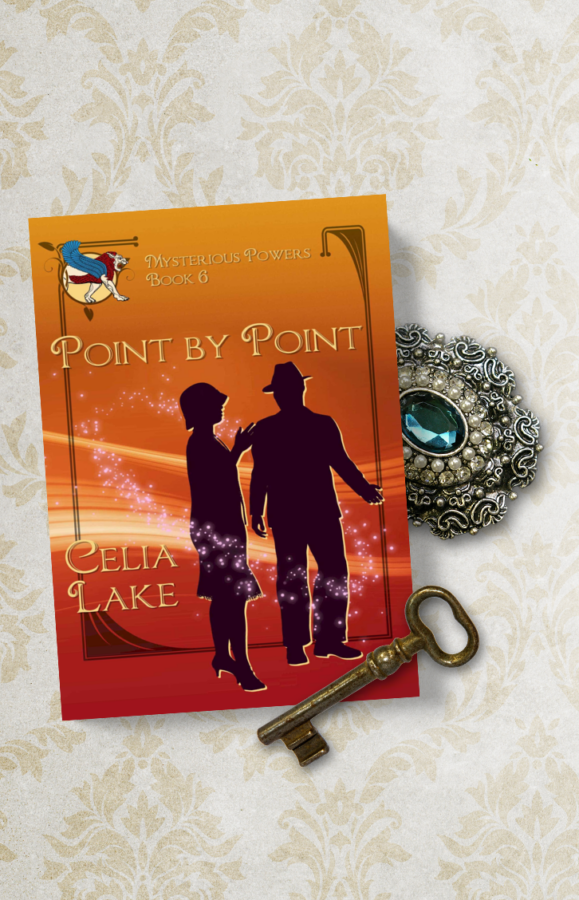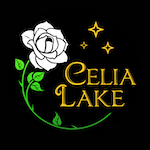Welcome to the next stop on the tour of the authorial wiki. Last time we talked about characters, so now it’s time to take a look at groups and organisations.
Groups
There are a number of common group connections in Albion – notably related to the Five Schools, but also secret societies and professions. Read more about the professional and social organisations in general over here.

Professions
Professions are one of the most obvious groups, of course. Each page includes information about the profession, including aspects of their training, notable members, and relevant quotes.
The professions include:
Schola Houses
One key social group for anyone who went to Schola is their school house. Students are selected for these via a process known only to the teachers (discussed in part during Eclipse). And as discussed there, this is not a perfect system. Both Isembard and Alexander, for example, would likely have done much better in other houses, but Fox was and is seen as the most socially prominent and desirable.
These houses are not only where students live during their time at Schola, but each house also has specific magical techniques and approaches taught within the house. Owl House, for example, has its own set of charms and methods for taking notes and indexing them. Once students graduate, they continue the connections at the club associated with their particular house, on Club Row in Trellech.
You can read about each of the houses on its own page. The page includes a brief background, symbols, the heraldry, and a list of notable (aka point of view) characters from that house. It also notes the colour of stone (and a few examples) used in house pendants, rings, or other jewellery.
As a note, students at Alethorpe live in houses, but they’re arranged differently (via compatible groups of interests after the first two years). I hope to explore what it’s like at Dunwich, Forvie, and Snap at some point!
Societies
Albion has both very public social organisations and secret societies (both generally known and more private, such as in Magician’s Hoard and Point By Point.)
When it comes to secret societies, Schola has seven, with students selected by current members in their second year (so they are members for three full years before leaving school). Only a couple of these have had much mention in the books so far, but I’m expecting to spend more time with all of them in the future. The societies have a shared focus, and provide mutual support, training in specific kinds of magic, and connections that many of their members focus around for the rest of their lives.
Each page has a summary of the society, their stated and actual goals, and a list of notable members. I’ve included key quotes about the group as relevant.
- Animus Mundi (ritual magic)
- Dius Fidius (protection of good faith in public affairs)
- Dwellers at the Forge (progressive Promethean bent, with the most time on the page so far)
- Four Metals (crafting)
- Many Are The Waters (healing and liminal spaces, with a sister group at Alethorpe)
- The Nine Muses (performing arts)
- Society of the White Horse (agricultural magics, horses, and liminal psychomps, also at Snap)
Social clubs
Finally, there are quite a few social clubs. Each of the Schola houses has their own, but there are also a number of others. They all have facilities for meals (a dining room and more private spaces), social gathering spots, a bar, ritual workrooms, and some spaces upstairs for people staying overnight.
(There are in fact relatively few inns or hotels in Trellech, because most people will stay at their club if they’re in town for a few nights and need somewhere.)
Each page talks about the membership requirements, their spaces, and notable members.
There will be more!
I’m sure more groups and organisations will pop up over time. If there’s a group you’d like me to write up, just drop me a note with the contact form (or reply to any of my newsletter emails.)
